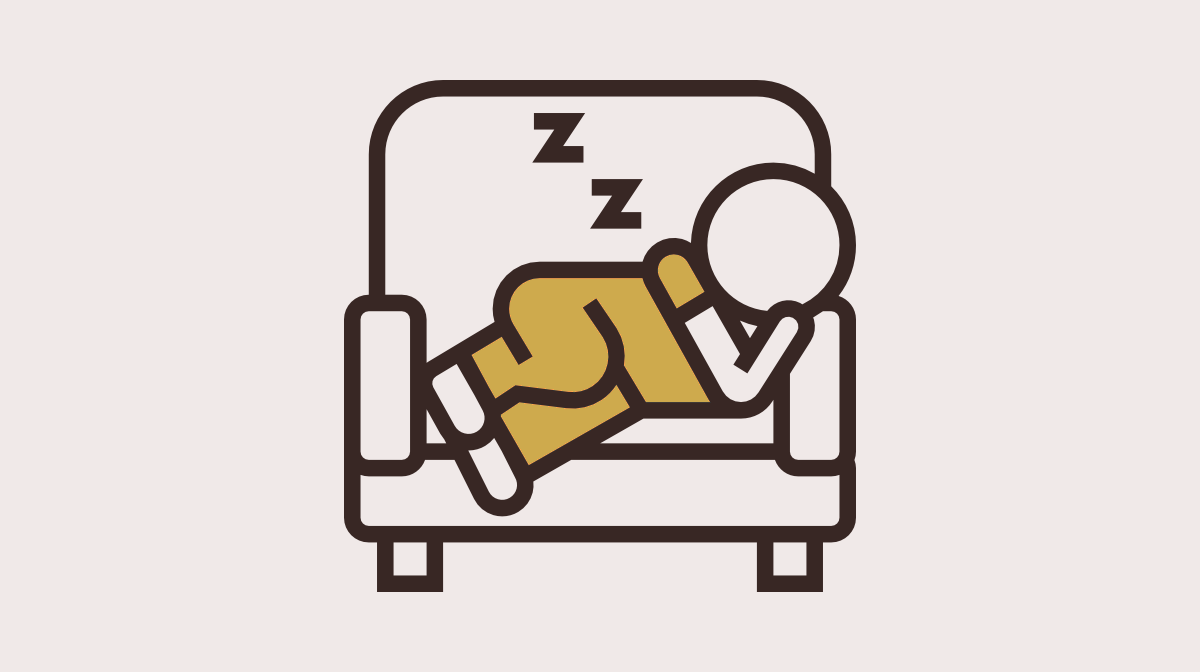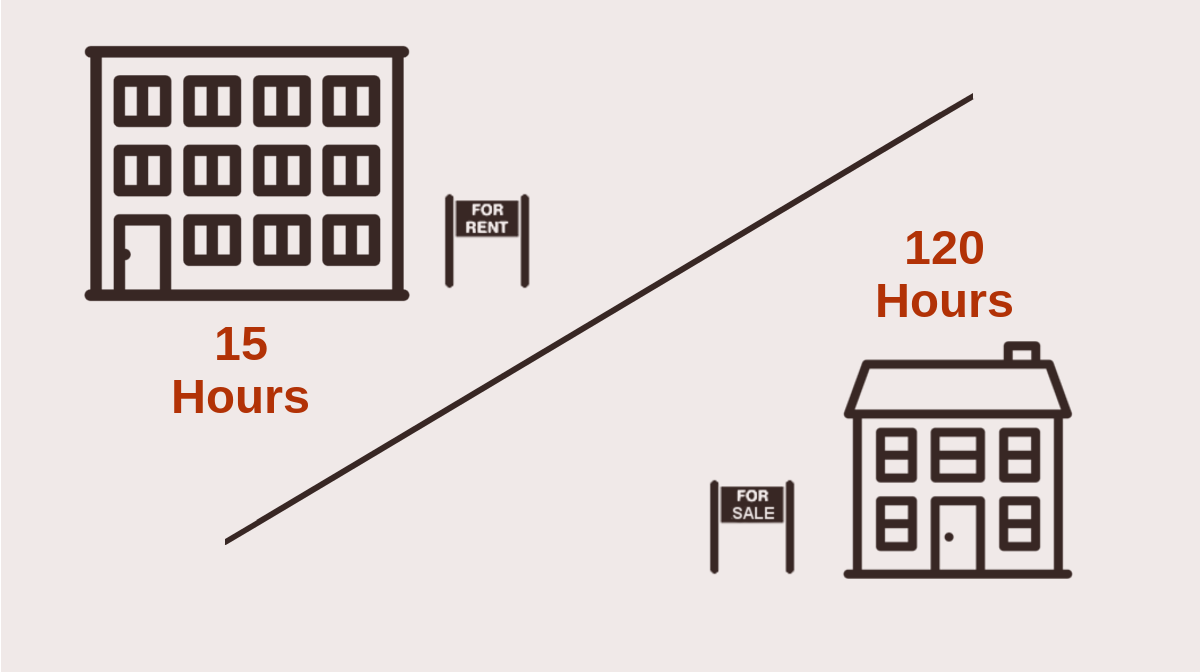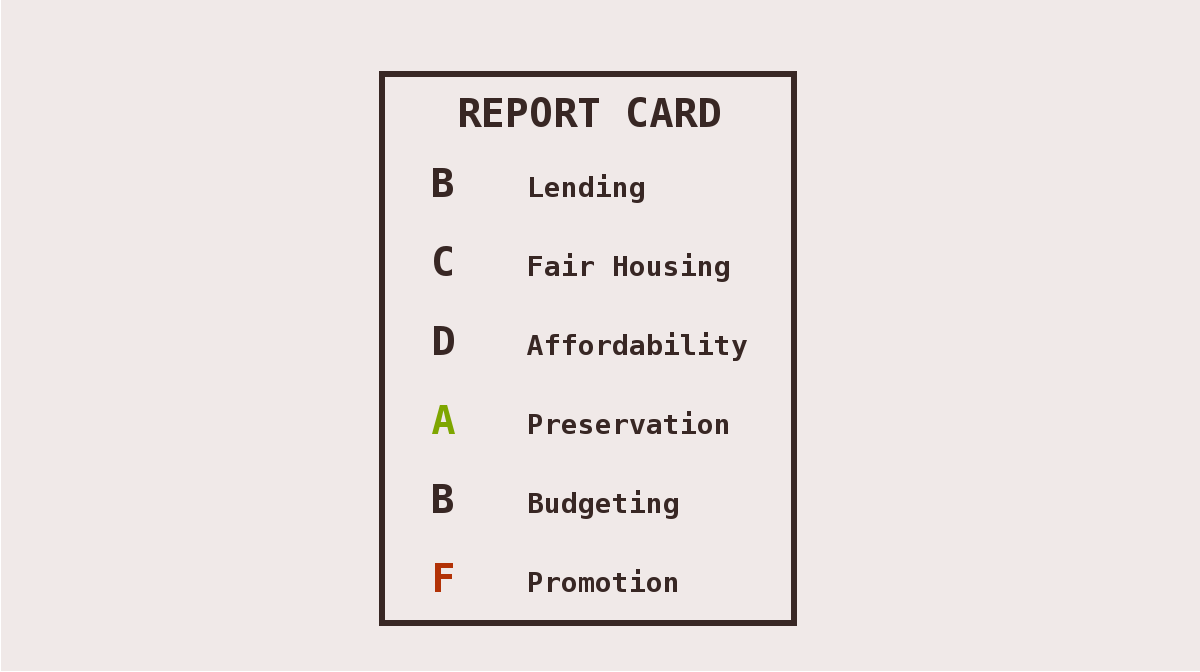Wikipedia has over 26 articles addressing the matter of squatting in the United States. By squatting I do not mean the crouching position or the exercise technique, but the housing practice. We've covered this topic before, but that was mostly focused on the concept of squatting as it relates to adverse possession and had a whole bunch of cat analogies. We've never really addressed it as an alternative housing strategy.
There are a lot of reasons why someone would choose to squat instead of taking on a lease in their name. They may have a blemished history that prevents them from getting approved for a lease. They may be morally opposed to the concept of contracts or paying for housing. They may not have the financial werewithal to pay rent on any market rate home. They may be on a wait list for subsidized housing, which can keep them in a holding pattern for years if not decades. They may be staying past the deadline after a legitimate lease expires or after a bank has foreclosed on their house. They may be the significant other of the lease holder and just spending the night a lot, unaware that by doing so they're breaking the law.
No matter the reason, it's time to stop ignoring the existence of squatting or treating it like it's a universally bad thing, always done with malicious intent. Renters know it happens, landlords know it happens. I'm not going to preach at you about it. This a guide to practical squatting for renters. However, before we get into the details I want to start with a warning.
Everything we are about to discuss here is illegal. In Illinois it is considered trespassing and therefore can be treated as a Class B misdemeanor punishable with eviction, jail time and/or fines. It is not likely to be legalized at any point in the future. If you choose to squat in an apartment or house you do so at your own risk. We do not endorse it, nor are we encouraging you to consider it as a viable option unless you have no other choice except the streets. Continue reading Roommates, Guests and the Mechanics of Squatting






